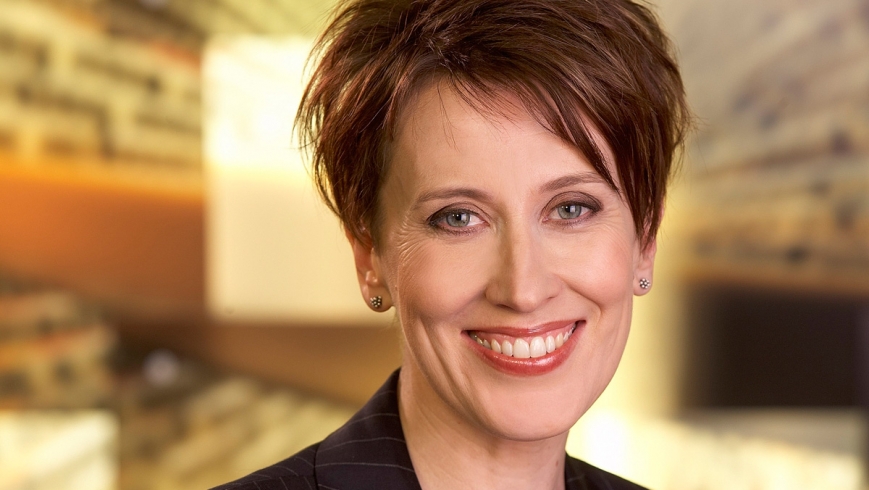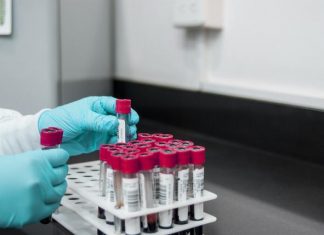It’s a trip you have to take some day, some time: and unless you’re there to have a baby or visit a baby, it’s usually a trip you would do anything to avoid. Our family has been through a health crisis – happily resolved – that involved the emergency trip to the public hospital. Yes, that brooding monolith a couple of suburbs away that seems always to be surrounded by terribly unwell looking people sucking on cigarettes with one hand while they grip their saline-drip stand for dear life with the other.
People go into that massive building, but you never see them leave. If you inhabit the land of the well, the entrance to a major public hospital always seems to yawn open like the gaping mouth of hell. Look away. Keep driving.
It’s frightening enough to have to take the journey into hospital but, once inside, rather like Orpheus in the Underworld, the travelling continues, as you take further and subsequent journeys within and through the labyrinthine, sometimes quite terrifying, hospital system itself. From registration to emergency, to X-ray and through myriad diagnostics and recovery rooms. From bed to bed as the system heaves and shuffles patients about to deal with the enormous pressures on a complex system.
I am not surprised at all that mistakes can be made. I find it amazing they are not made more often.
But we made it through the other side and I can report to you from this Underworld that our public health system is a marvel. It’s worth every cent we spend on it. In fact, we should spend a whole lot more.
It really is staggering when you realise that the combined skill, training, experience and professionalism that attends you in a public hospital in Australia is beyond the hope and grasp of most other people in either the developed or developing world. There’s this guy who is a professor and a leader in his field at the bedside, along with a diagnostician who is considered one of the best in the state. They are teachers and clinicians and consultants who could command incredible salaries in private practice – and indeed many do just that as well – but they also have a commitment to public health, and you can’t help but be thrilled and relieved that they do.
Of course you find some are better than others and, after only a short time, you come to recognise quickly those who are good listeners and those who are not; the diligent nurses and the slapdash ones; those who are more caring than the others; those doctors with intuitive, flexible minds and those who do it by the book. I wonder if they know they are being mercilessly judged by their patients and that those in the land of the unwell play favourites without any shame at all.
I can’t remember who told me during one of my many broadcast conversations about healthcare over the years but the advice has always stuck with me. This senior health professional said the most important thing a patient in either the public or the private system can do is take control of their treatment and ask for what they want.
By that he meant ask every question, interrogate every process, inform yourself, use the resources of the medical system available to you – your referring GP, your specialist – involve them in the discussion, actively consider the merits, problems and consequences being proposed and make your own decisions.
I know this sounds like a recipe for needless second guessing and even the dangers of consulting Dr Google but, after this experience, I realise it’s the one thing that gives you genuine control over circumstances that can otherwise make you feel helpless and sometimes even foolish. You have to get involved in your care (not least because this is the best way of keeping you out of hospital in the first place) and you have to ask for the care you want. No one is going to do it for you. That’s the true meaning of having a public health system: we not only fund it, it has to be owned by us, too.








